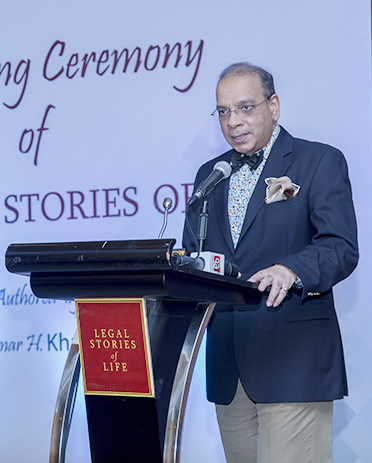Amidst the ongoing power transition in Bangladesh, the appointment of Justice Md. Ashfaqul Islam as Acting Chief Justice has been met with rejection by student protesters. The protesters have called for Justice Syed Refaat Ahmed to be appointed as the Chief Justice by 6 PM on Saturday, reflecting their discontent with the current decision.
The demand was made during a demonstration organized by the Anti-Discrimination Student Movement near the Supreme Court’s High Court Division. Hasnat Abdullah, one of the key coordinators of the movement, expressed the students’ dissatisfaction with the appointment of Justice Md. Ashfaqul Islam, citing his close association with the outgoing government led by Sheikh Hasina. “Over the past fifteen years, he served Hasina loyally, and we cannot accept this appointment,” Abdullah stated.
This call for Syed Refaat Ahmed to be appointed as Chief Justice comes after the resignation of Chief Justice Obaidul Hassan, along with five other justices from the Appellate Division, following intense pressure from the protesters. However, Justice Md. Ashfaqul Islam has not resigned and was reportedly being appointed as the Acting Chief Justice, a move that has further fueled the protesters’ dissatisfaction.
Justice Syed Refaat Ahmed, whose name has also surfaced in discussions for appointments to the Appellate Division, is seen by many as a more impartial figure. The son of the late Barrister Syed Ishtiaq Ahmed, who served as Bangladesh’s third Attorney General and as an advisor in two caretaker governments, Justice Ahmed has a reputation for integrity and independence. Appointed as an Additional Judge of the High Court Division in 2003, he became a permanent judge two years later.
Addressing the protesters, Hasnat Abdullah emphasized the importance of ensuring that the judiciary remains just and fair. He remarked, “We have forced the killer Hasina to resign through our blood and sacrifice, but if we cannot establish justice within the judiciary, our dreams of fairness will never be realized.”
Another coordinator of the movement, Abu Bakr Majumdar, announced a set of three demands, including the reorganization of the judiciary within 24 hours. He also called for the disarmament and restructuring of the police force, emphasizing that the police should serve the people, not the government.
The protesters remain resolute in their demands, warning that any attempt to undermine the interim government through judicial maneuvers will be met with strong resistance. As the nation navigates this period of transition, the demand for justice and fairness in the judiciary remains a central issue for the protesters and the broader population.









